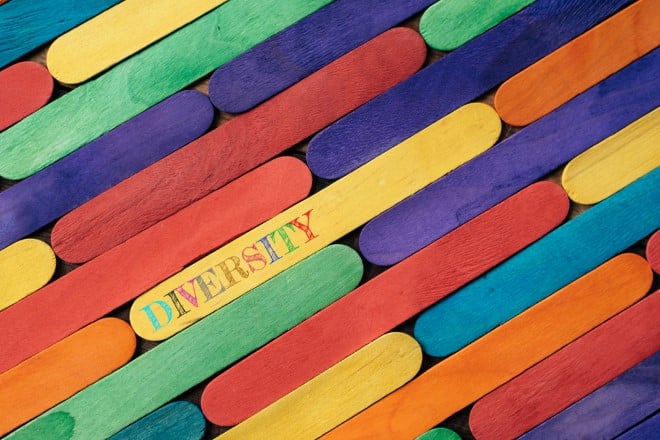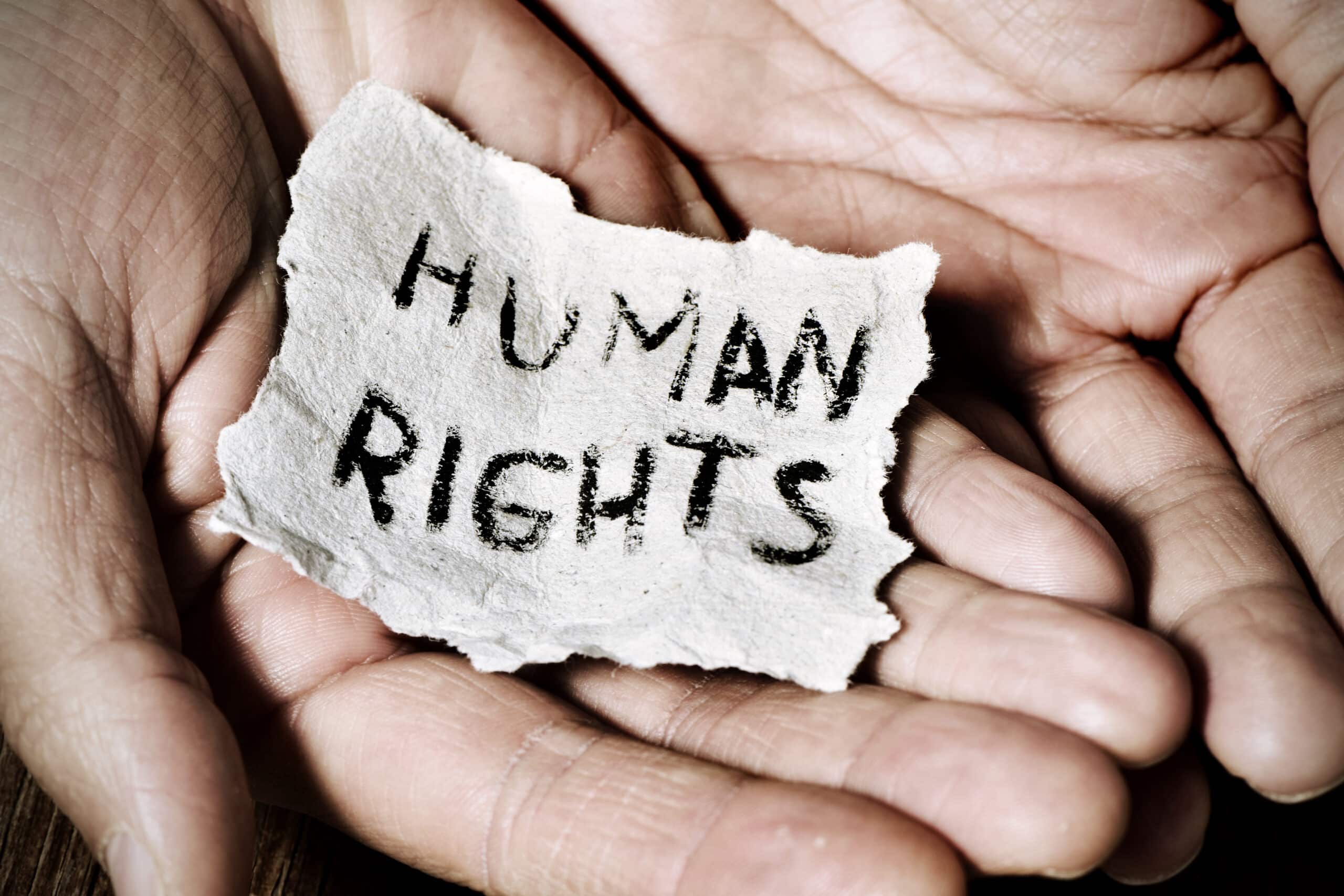Update Winter 20-21
Newsletters | read time: 3 min

Growing dominance of governance in ESG
When governance of issues such as corruption and human rights appears to fail, businesses face a new set of risks.
Gareth Thomas was interviewed by Raconteur/The Sunday Times on the subject of governance in the context of ESG.
Investors are demanding increasingly high governance standards from the organisations in which they invest. Consequently, those seeking access to ESG capital need to demonstrate that robust and verifiable governance procedures are effectively embedded across their organisations.
While governance was once routinely relegated to outside organisations, it is now seen as critical by any business leader looking to shape an organisation’s thinking on issues such as bribery, exploitation and human rights. In effect, governance is becoming a proxy for good management.
So much so in fact, that spending in this area continues to be prioritised. During the 2007-8 financial crisis, budgets for ethical projects were swiftly and brutally cut. Now, however, the budgets allocated to projects such as supply chain management and human rights risk assessment have been maintained if not scaled up.
Actively managing these complex governance-related risks requires a far broader set of capabilities than those associated simply with profit and loss. Demand among a range of stakeholders for independently verifiable governance procedures is rising fast.
GoodCorporation is working with companies to help prepare their ESG credentials. Contact us for more information.
Covid vaccines at work

While the UK’s Covid vaccination programme surges forward at an impressive pace, questions are being raised about how this will be managed in the workplace. While some employers are planning a ‘no jab, no job’ approach, others are taking a more collaborative line.
To date there is no sign that the vaccine will be made mandatory anywhere in the world, yet for workplaces to return to ‘normal’ it is clear that take-up of the vaccine will need to be as high as possible.
Employment lawyers are being inundated with requests from clients for advice on what they can and cannot do. This presents an ethical as well as legal dilemma.
We debated these issues with Joe Nicholls, Head of Employment Law at Wards Solicitors on the latest Thomson Reuters Legal Podcast, The Hearing. Our blog contains a summary of the discussion and a link to the podcast.
Corruption and human rights

The link between human rights and corruption is well-known. It is also high on the agenda for many organisations, including the United Nations and the OECD.
Most countries have distinct legislation around both corruption and human rights. In France, companies of a certain size are required to implement a specific compliance programme to meet the obligations of the country’s human rights and anti-corruption laws. As such, there can be a tendency for the two programmes to be run in independent silos.
In the latest issue of the French magazine Compliances, we argue for a more coordinated approach to preventing corruption and respecting human rights.
Our blog explores the need for the clear assignment of roles and responsibilities; raising awareness through training; implementing effective speak-up and critically, how to assess the respective risks of each issue.
| We are delighted to be part of Chatham House – Responsible Business Live 2021. Join us, senior business leaders, policymakers and the investment community to explore pathways to resilient and sustainable growth on 22-23 February. Gareth Thomas will be speaking about supply chain resilience and responsibility in a crisis.
|

Managing diversity, equity and inclusion is a crucial part of building the right company culture.
Debbie Ramsey, who leads GoodCorporation’s work in measuring ethical culture, spoke to Clare Beresford, CEO of Laurence Simons Search about why these areas are important and how best to get this right.
She talks about how to build an inclusive organisation, defining equity and enlisting advocates.

As regulators across the globe review their human rights laws it is clear that a growing momentum for mandatory human rights due diligence is gathering pace.
In the Dec/Jan issue of Governance & Compliance Magazine Juliette Hérault examines the factors that are driving this change.
The article explores the impact of France’s Duty of Vigilance law and the emergence of new best practice.

Assessing and monitoring corporate culture is a requirement of the UK’s Corporate Governance Code, yet according to the FRC the latest reporting on culture is falling short. Evaluating culture can be hard. Next month GoodCorporation will be publishing its latest paper on assessing and measuring ethical corporate culture.
The paper will be based on our latest survey on ethical culture within UK workplaces.
Read the blog Read the article Culture services “We were delighted and impressed by the safeguarding assessment that GoodCorporation and Mission 89 undertook. It has really helped us to analyse our policies and procedures carefully and has given us a clear road map for our next steps” Hoss Rafaty, Secretary General of World Taekwondo Click to read the case history
work with us
